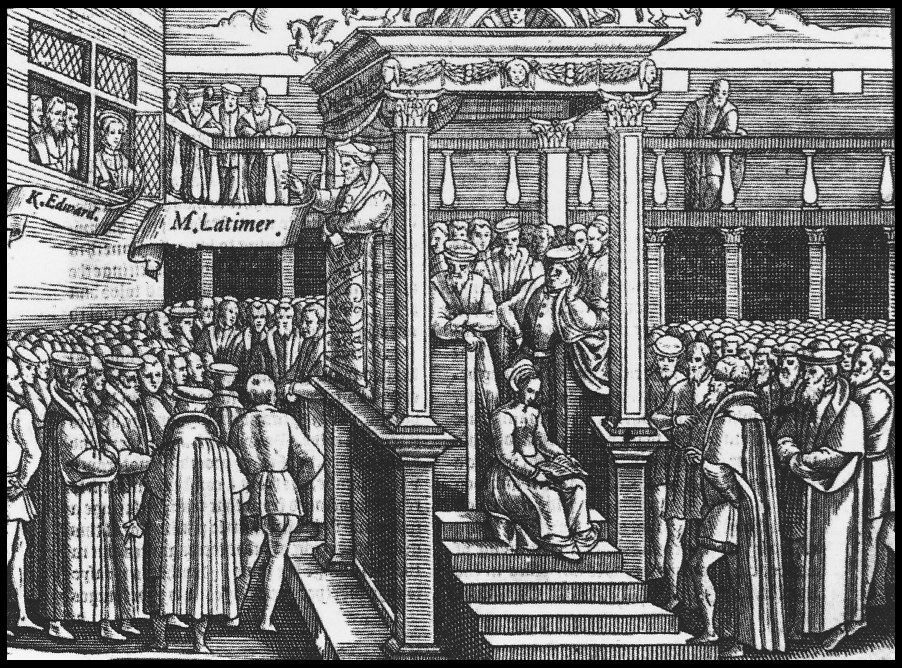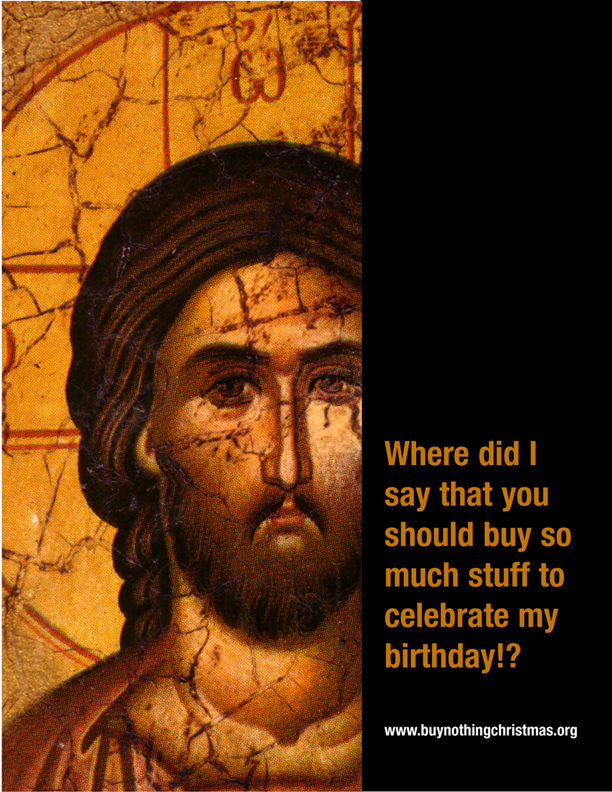Norm Macdonald, the brilliant enigma, left this earthly plane too soon, dying in 2021 of cancer. In his honour let us chuckle at the wisdom and hilarity of this story.
A moth goes into a podiatrist’s office.
The podiatrist says, “What’s the problem?”
The moth says, “Where do I begin with my problems? Every day I go to work for Gregory Vassilievich, and all day long I toil. But what is my work? I am a bureaucrat, and so every day I joylessly move papers from one place to another and then back again. I no longer know what it is that I actually do, and I don’t even know if Gregory Vassilievich knows. He only knows that he has power over me, and this seems to bring him much happiness. And where is my happiness? It is when I awake in the morning and I do not know who I am. In that single moment I am happy. In that single moment, before the memory of who I am strikes me like a cane. And I take to the streets and walk, in a malaise, here and then there and then here again. And then it is time for work. Others stopped asking me what I do for a living long ago, for they know I will have no answer and will fix my empty eyes upon them, and they fear my melancholia might prove so deep as to be contagious. Sometimes, Doc, in the deepest dark of night, I awake in my bed and I turn to my right, and with horror I see some old lady lying on my arm. An old lady that I once loved, Doc, in whose flesh I once found splendor and now see only decay, an old lady who insults me by her very existence.
“Once, Doc, when I was young, I flew into a spider web and was trapped. In my panic, I smashed my wings till the dust flew from them, but it did not free me and only alerted the spider. The spider moved toward me and I became still, and the spider stopped. I had heard many stories from my elders about spiders, about how they would sink their fangs into your cephalothorax and you would be paralyzed but aware as the spider slowly devoured you. So I remained as still as possible, but when the spider again began moving toward me, I smashed my wing again into my cage of silk, and this time it worked. I cut into the web and freed myself and flew skyward. I was free and filled with joy, but this joy soon turned to horror: I looked down and saw that in my escape I had taken with me a single strand of silk, and at the end of the strand was the spider, who was scrambling upward toward me. Was I to die high in the sky, where no spider should be? I flew this way, then that, and finally I freed myself from the strand and watched as it floated earthward with the spider. But days later a strange feeling descended upon my soul, Doc. I began to feel that my life was that single strand of silk, with a deadly spider racing up it and toward me. And I felt that I had already been bitten by his venomous fangs and that I was living in a state of paralysis, as life devoured me whole.
“My daughter, Alexandria, fell to the cold of last winter. The cold took her, as it did many of us. And so my family mourned. And I placed on my countenance the look of grief, Doc, but it was a masquerade. I felt no grief for my dead daughter but only envy. And so I have one child now, a boy, whose name is Stephan Mikhailovitch Smokovnikov, and I tell you now, Doc, with great and deep shame, the terrible truth. I no longer love him. When I look into his eyes, all I see is the same cowardice that I see when I catch a glimpse of my own eyes in a mirror. It is this cowardice that keeps me living, Doc, that keeps me moving from place to place, saying hello and goodbye, eating though hunger has long eft me, walking without destination, and, at night, lying beside the strange old lady in this burlesque of a life I endure. If only the cowardice would abate for the time needed to reach over and pick up the cocked and loaded pistol that lies on my bedside table, then I might finally end this façade once and for all. But, alas, the cowardice takes no breaks; it is what defines me, it is what frames my life, it is what I am. And yet I cannot resign myself to my own life. Instead, despair is my constant companion as I walk here and then there, without dreams, without hope, and without love.”
“Moth,” says the podiatrist, “your tale has moved me and it is clear you need help, but it is help I cannot provide. You must see a psychiatrist and tell him of your troubles. Why on earth did you come to my office?”
The moth says, “Because the light was on.”







